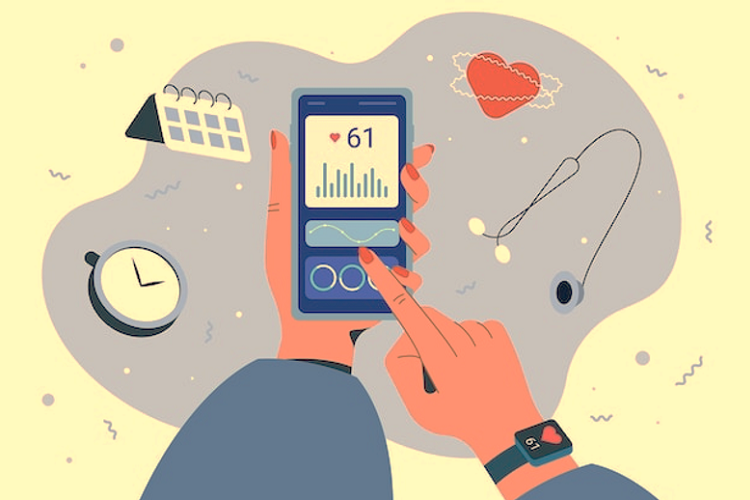Mental health services are very stringent and protective about their patient’s medical records, which are sensitive. When providing care to their patients, mental health care professionals engage in a variety of information procedures, including gathering, utilizing, documenting, and exchanging information.
Maintaining exhaustive and exclusive mental health records is critical. But sometimes, such strict measures do not go down well with the patients. Imagine having to tell your personal story to different medical professionals over and over again! Lack of information exchange among healthcare services hampers the planning and delivery of optimum care.
Several healthcare institutions are now using electronic health records (EHRs) to enhance the collection, sharing, and utilization of sensitive health information.
The use of EHRs makes accessing important health information more feasible. The consolidation of behavioral and mental health records at one location facilitates efficient and faster outputs.
What Is Behavioral Healthcare?
Behavioral health is the study of the relationship between a person’s emotions and behavior, mental state, and everyday habits. According to the Substance Abuse and Mental Health Services Administration (SAMHSA), one in five people in the United States have a severe mental health or substance use disorder. However, only a small portion of affected people receive the necessary care.
Behavioral healthcare is often interchangeably used with mental healthcare. Mental health reflects a person’s state of mind. Behavioral health is a relationship between a person’s daily habits(both good and bad) and their effect on the person’s physical condition.
To provide patients with equal and accessible care for their physical and mental health needs, medical and behavioral health care services need to be integrated.
Steps taken in this direction might also help lower the stigma attached to behavioral health treatment.
The New Wave Of Electronic Health Records
EHRs have brought a revolution in healthcare systems around the world. They facilitate the management and consolidation of real-time and sensitive user-centric records.
They are used in clinical care and healthcare management systems to manage clinical workflows and collect a range of medical data from individual patients throughout time.
Nearly all non-federal acute care hospitals (96%) and about four out of five office-based doctors (78%) adopted certified EHRs, according to a report released by HealthIT.gov in 2021.
This marked a significant advancement since 2011, when 28% of hospitals and 34% of physicians had implemented an EHR.
The use of EHRs across various medical and healthcare verticals has made it easy for healthcare organizations to share critical treatment data. Healthcare IT software solutions like RCM(Revenue Cycle Management) can leverage this flow of sensitive and highly secured patient information.
Their use in the field of behavioral healthcare has been limited. The community is slowly warming up to the idea of controlled sharing of intricate personal pieces of information.
Accumedic is a provider of behavioral health EHR software. Mental healthcare practitioners across a gamut of fields in behavioral healthcare use these tools. Professionals can leverage EHR technology to share treatment information and facilitate better results.
Pertaining Issues With EHRs
Stigma has been a lingering notion when you talk about the experiences of patients in mental health care. The patients provide and discuss potentially stigmatizing personal pieces of information like their traumas, fears, and behavioral patterns.
Numerous entities have expressed worries about the consequences of the way data EHR records data.
Most medical treatment processes rely on quantitative information. Behavioral healthcare, on the other hand, makes use of narrative progress notes. EHRs use a structured format for data standardization. The lack of such a structured information format in mental healthcare poses a big barrier to using EHRs.
The development of EHR systems for mental health professionals must be done from the standpoint of clinical practice. It is important to consider the cost of EHR for small mental health practices.
Conclusion
The introduction of technology is always aimed at making the functioning of an entity more efficient and cost-effective. The onset of EHRs in the medical domain has indeed revolutionized the market and is advancing at a very high speed.
Your specific needs should always decide your choice of technology.
Research in the context of EHRs in mental healthcare is at a low stage of maturity. The transitions and advancements in the medical world domain are trying to keep pace with technological growth, and a co-dependent existence can not be ruled out.






